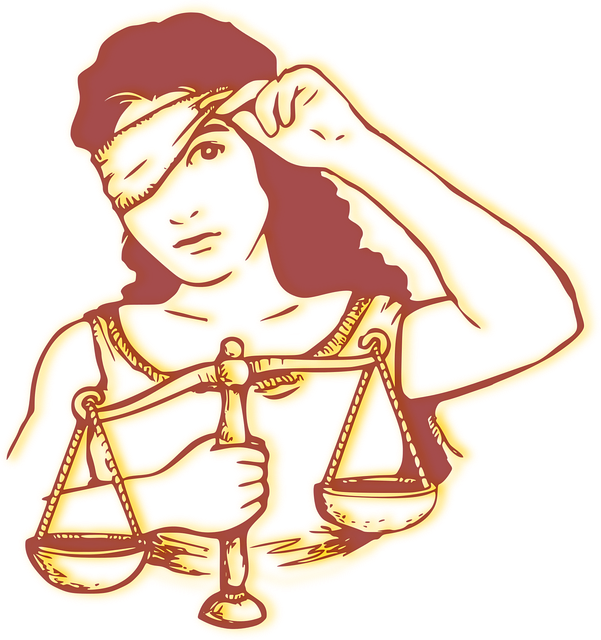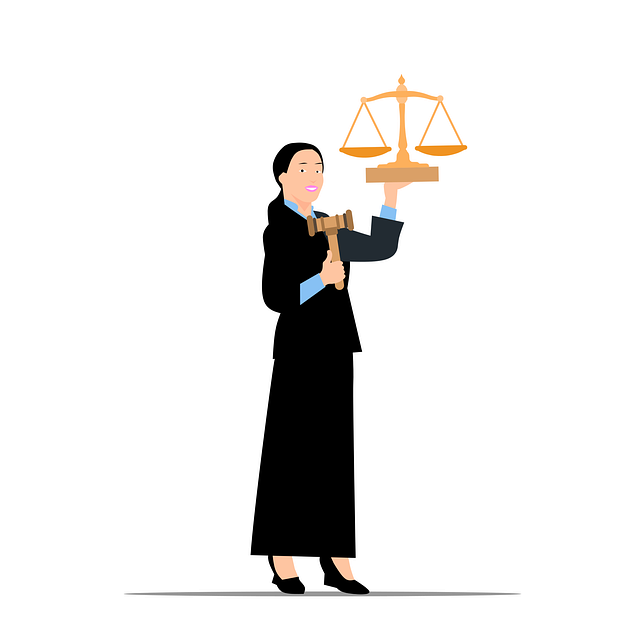Heartland Behavioral Health lawsuits demand specialized legal expertise due to complex issues like medical malpractice and patient neglect. Aspiring Heartland Behavioral Health lawyers complete an educational journey, earning undergraduate degrees in relevant fields followed by a Juris Doctor (JD) from an accredited law school. They learn about healthcare regulations, privacy laws, and ethical considerations specific to behavioral health. These attorneys navigate the intricate legal landscape, ensuring compliance, guiding institutions on patient rights, and protecting organizations from legal issues. Their expertise enables Heartland Behavioral Health facilities to provide personalized, high-quality care. If you've been affected by alleged misconduct, consult a specialized lawyer for appropriate compensation.
“In the complex legal landscape surrounding healthcare, Heartland Behavioral Health lawyers play a crucial role in advocating for patients and their families. This article delves into the intricate world of Heartland Behavioral Health lawsuits, highlighting the qualifications needed to excel as a specialist in this field.
We explore the unique challenges these attorneys face, focusing on how their expertise navigates legal complexities to ensure optimal patient care. Whether understanding the intricacies of policy or representing clients with compassion, Heartland Behavioral Health lawyers are true advocates for mental health justice.”
- Understanding Heartland Behavioral Health Lawsuits
- Qualifications to Become a Heartland Behavioral Health Lawyer
- Navigating Legal Complexities for Optimal Patient Care
Understanding Heartland Behavioral Health Lawsuits

Heartland Behavioral Health lawsuits involve complex legal issues and require the expertise of a skilled lawyer. These cases often revolve around allegations of medical malpractice, patient neglect, or violations of mental health care standards. If you or someone you know has been affected by alleged misconduct at Heartland Behavioral Health facilities, understanding your legal rights is crucial.
Experienced Heartland Behavioral Health lawyers can navigate these intricate matters and provide the advocacy needed to secure justice. They possess in-depth knowledge of state laws and regulations pertaining to mental health care, enabling them to build strong cases on behalf of clients. Their goal is to ensure that patients’ rights are protected and that they receive appropriate compensation for any harm suffered.
Qualifications to Become a Heartland Behavioral Health Lawyer

Becoming a Heartland Behavioral Health lawyer involves rigorous academic and professional preparation. Potential lawyers must first complete an undergraduate degree, focusing on disciplines such as psychology, sociology, or law-related fields, which provide a solid foundation in understanding human behavior and the legal system. Many aspiring attorneys then pursue a Juris Doctor (JD) degree from an accredited law school, where they engage in in-depth study of legal principles and practices specific to healthcare and mental health regulations.
During their education, students develop essential skills in legal research, writing, advocacy, and negotiation. They learn how to navigate complex legal frameworks governing healthcare, privacy laws like HIPAA, and the ethical considerations unique to behavioral health practice. Additionally, clinical rotations or internships at healthcare facilities offer valuable hands-on experience, enabling future Heartland Behavioral Health lawyers to understand the practical implications of legal principles in real-world settings.
Navigating Legal Complexities for Optimal Patient Care

Navigating the legal landscape in healthcare can be complex, especially when prioritizing patient care. Heartland Behavioral Health lawyers play a pivotal role in ensuring that organizations adhere to legal requirements while delivering optimal care to patients. They help decipher intricate regulations, policies, and laws specific to behavioral health services, enabling facilities to maintain compliance and avoid potential legal pitfalls.
These experts guide institutions through various aspects, from licensing and certification processes to patient rights and privacy matters. By staying abreast of evolving legislation, they can advise on best practices, risk management strategies, and ethical considerations. This proactive approach not only shields Heartland Behavioral Health organizations from legal repercussions but also fosters an environment where patients receive the highest standard of care, tailored to their unique needs.
When it comes to navigating complex legal matters within the realm of Heartland Behavioral Health, experienced lawyers play a pivotal role in ensuring optimal patient care. By understanding the intricacies of lawsuits, possessing specialized qualifications, and adeptly managing legal complexities, these professionals can provide comprehensive support. Choosing a Heartland Behavioral Health lawyer who excels in these areas is essential for institutions aiming to deliver quality services while mitigating risks in today’s regulated healthcare environment.
